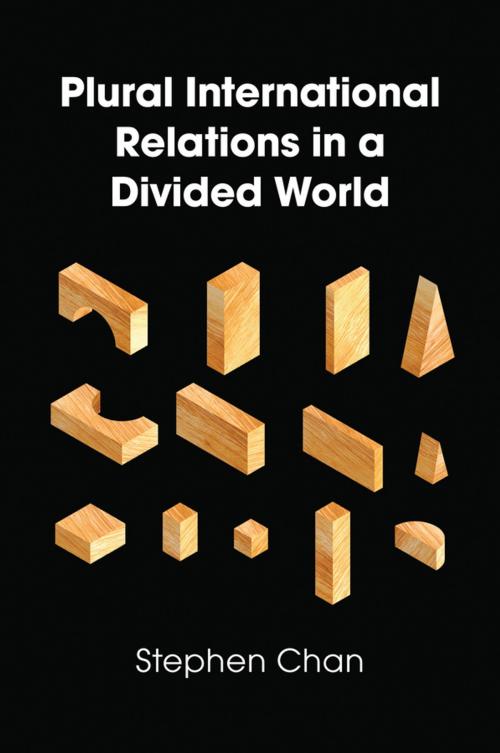Plural International Relations in a Divided World
Nonfiction, Social & Cultural Studies, Political Science, International, International Relations| Author: | Stephen Chan | ISBN: | 9781509508716 |
| Publisher: | Wiley | Publication: | February 27, 2017 |
| Imprint: | Polity | Language: | English |
| Author: | Stephen Chan |
| ISBN: | 9781509508716 |
| Publisher: | Wiley |
| Publication: | February 27, 2017 |
| Imprint: | Polity |
| Language: | English |
The world is troubled and full of misunderstandings. It seems a new world order of fundamentalist violence and meaningless atrocity is upon us, whilst civilised instruments for cooperation and compromise are becoming increasingly ineffective.
In this timely book, Stephen Chan explores the historical and philosophical roots of difference and discord in the international system. He begins with the introduction of the Westphalian system, showing how, throughout the 20th century, new states - from the Middle East, Asia and Africa - entered that system with reservations, preconditions, and great efforts to introduce new forms of concerts and congresses but without seriously challenging the international status-quo.
By contrast, the 21st century has brought turmoil and change in the form of militant Islam - be it the Taleban, Al Qaeda, or ISIS - whose varied roots and fluid emergence have so far prevented the West from being able to understand and combat it. Developing Kissinger's suspicion of Saudi Arabia as an Islamic state in Westphalian dress, Chan argues that what is at stake today is not the development of a new Caliphate or an old radicalism - but the effort to supplant and replace the Westphalian system itself. This is the complex and challenging reality to which a truly modern and persuasively relevant plural international relations must now adapt. Whether it can do so remains to be seen.
The world is troubled and full of misunderstandings. It seems a new world order of fundamentalist violence and meaningless atrocity is upon us, whilst civilised instruments for cooperation and compromise are becoming increasingly ineffective.
In this timely book, Stephen Chan explores the historical and philosophical roots of difference and discord in the international system. He begins with the introduction of the Westphalian system, showing how, throughout the 20th century, new states - from the Middle East, Asia and Africa - entered that system with reservations, preconditions, and great efforts to introduce new forms of concerts and congresses but without seriously challenging the international status-quo.
By contrast, the 21st century has brought turmoil and change in the form of militant Islam - be it the Taleban, Al Qaeda, or ISIS - whose varied roots and fluid emergence have so far prevented the West from being able to understand and combat it. Developing Kissinger's suspicion of Saudi Arabia as an Islamic state in Westphalian dress, Chan argues that what is at stake today is not the development of a new Caliphate or an old radicalism - but the effort to supplant and replace the Westphalian system itself. This is the complex and challenging reality to which a truly modern and persuasively relevant plural international relations must now adapt. Whether it can do so remains to be seen.















